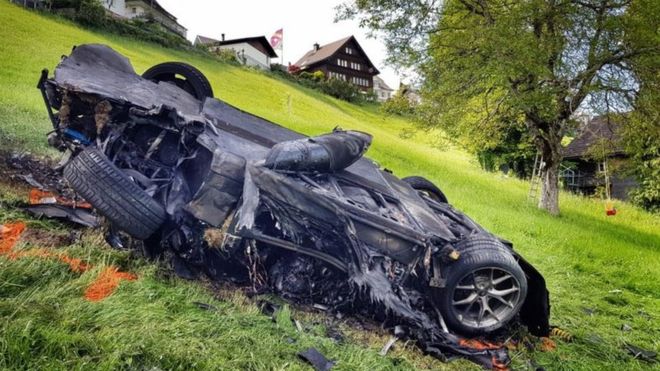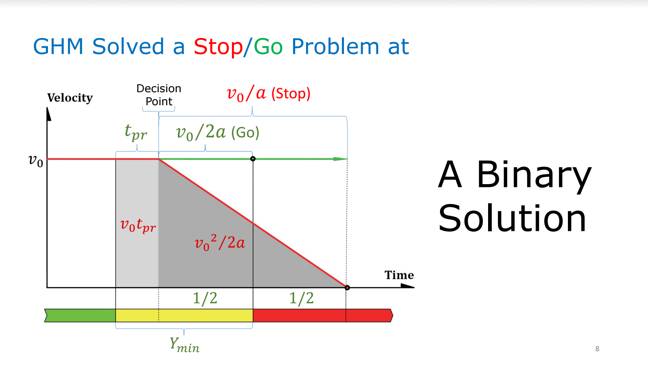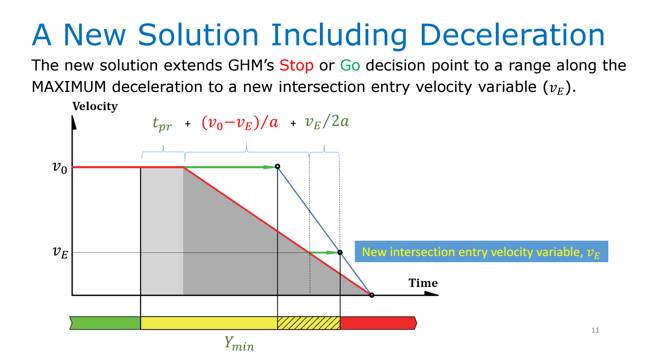Paul Driessen explains why now might be the best time to get rid of the Renewable Fuel Standard (RFS) which requires a proportion of ethanol be incorporated/blended into almost all petroleum fuels in the US (Canada has similar requirements):
The laws require that refiners blend steadily increasing amounts of ethanol into gasoline, and expect the private sector to produce growing amounts of “cellulosic” biofuel, “biomass-based diesel” and “advanced” biofuels. Except for corn ethanol, the production expectations have mostly turned out to be fantasies. The justifications for renewable fuels were scary exaggerations then, and are absurd now.
Let’s begin with claims made to justify this RFS extravaganza in the first place. It would reduce pollution, we were told. But cars are already 95% cleaner than their 1970 predecessors, so there are no real benefits.
The USA was depleting its petroleum reserves, and the RFS would reduce oil imports from unstable, unfriendly nations. But the horizontal drilling and hydraulic fracturing (fracking) revolution has given the United States at least a century of new reserves. America now exports more oil and refined products than it imports, and US foreign oil consumption is now the lowest since 1970.
Renewable fuels would help prevent dangerous manmade climate change, we were also told. This assumes climate is driven by manmade carbon dioxide – and not by changes in solar heat output, cosmic rays, ocean currents and other powerful natural forces that brought ice ages, little ice ages, warm periods, droughts and floods. It assumes biofuels don’t emit CO2, or at least not as much as gasoline; in reality, over their full life cycle, they emit at least as much, if not more, of this plant-fertilizing molecule.
[…]
A little over 15 billion gallons of corn-based ethanol were produced in 2016 – but only 143 billion gallons of gasoline were sold. That means using all the ethanol would require blends above 10% (E10 gasoline) – which is why Big Ethanol is lobbying hard for government mandates (or at least permission) for more E15 (15% ethanol) gasoline blends and pumps. Refiners refer to the current situation as the “blend wall.”
But E15 damages engines and fuel systems in older cars and motorcycles, as well as small engines for boats and garden equipment, and using E15 voids their warranties. You can already find E15 pumps, but finding zero-ethanol, pure-gasoline pumps is a tall order. Moreover, to produce ethanol, the United States is already devoting 40% of its corn crop, grown on nearly 40 million acres – along with billions of gallons of water to irrigate corn fields, plus huge amounts of fertilizer, pesticides and fossil fuels.
Much of the leftover “mash” from ethanol distillation is sold as animal feed. However, the RFS program still enriches a relatively few corn farmers, while raising costs for beef, pork, poultry and fish farmers, and for poor, minority, working class and African families. Ethanol also gets a third less mileage per gallon than gasoline, so cars cannot go as far on a tank of E10 and go even shorter distances with E15.
The problem with getting rid of targeted subsidy programs is that the benefits are highly concentrated while the costs are widely dispersed. As a whole, the North American economies would benefit greatly from eliminating the RFS mandates, lowering overall fuel costs, improving international food availability, and reducing or eliminating crony capitalist benefits to “Big Ethanol”, but most individuals’ gains would be small — too small to gain much active support — and the current beneficiaries would have vast incentives to fight to the death to keep those subsidies flowing.







